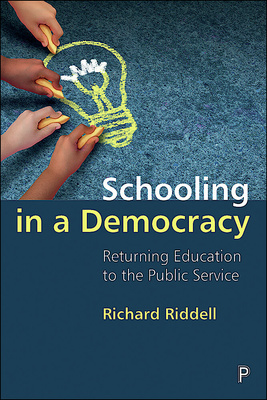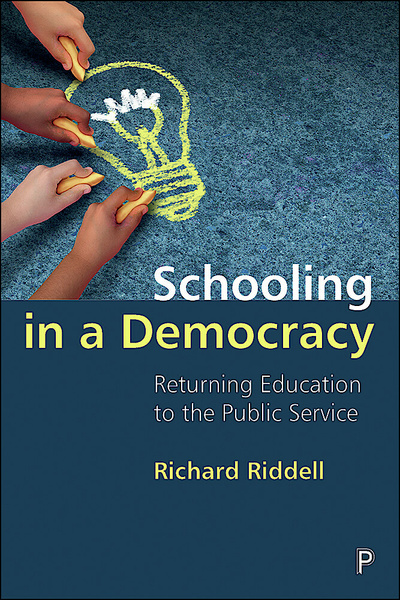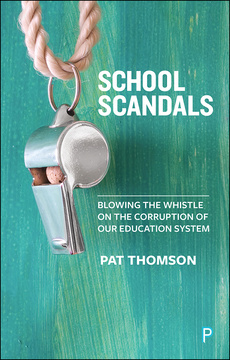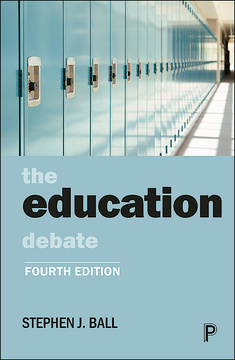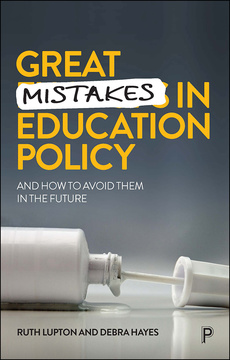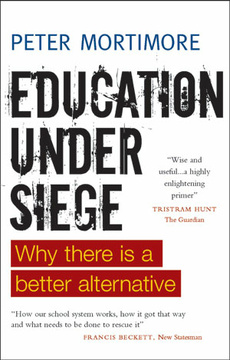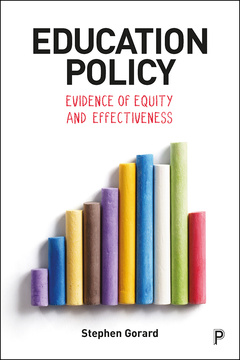Published
Feb 6, 2023Page count
160 pagesISBN
978-1447362937Dimensions
234 x 156 mmImprint
Policy PressPublished
Feb 6, 2023Page count
160 pagesISBN
978-1447362920Dimensions
234 x 156 mmImprint
Policy PressPublished
Feb 6, 2023Page count
160 pagesISBN
978-1447362944Dimensions
234 x 156 mmImprint
Policy PressPublished
Feb 6, 2023Page count
160 pagesISBN
978-1447362944Dimensions
234 x 156 mmImprint
Policy PressThe COVID-19 pandemic has left inequalities in schools wider and uncertainty about the future greater. Now seems an appropriate time to think about the contribution schooling makes to the communities it serves and the country generally.
However, drawing on his recent research, Richard Riddell argues that the increasingly narrow focus of Education governance after 20 years of reform has made new thinking impossible and has degraded public life.
Nevertheless, he highlights new possibilities for democratic behaviour and the opening up of schooling to all it serves.
"This insider’s view of English school governance provides scope and depth that is rare and much-needed." Diane Reay, University of Cambridge
“Recent education policy and governance in England has produced centralisation and a marked diminution of democratic accountability. In this important book, Riddell provides a well-informed diagnosis whilst also offering practical pointers for a public service that is redemocratised and responsive to local communities.” David James, Cardiff University
“A forensic and shocking account of the sad and sorry state of English education. Yet Riddell offers a possible and better future, one which understands school context and incorporates local democratic oversight. It is a book that will make you angry and hopeful. Shame on education policy makers who do not read it.” Stephen J. Ball, University College London
Richard Riddell has worked for over 40 years as a state schoolteacher, senior Local Authority Officer, consultant, head of education for an NGO and senior lecturer at Bath Spa University where he is now Visiting Research Fellow. An experienced author, this is his fourth book.
1. The emptiness of English public policy
2. Where it all begins: the tasks for Education and others
3. Governance change in England
4. Middle tier functioning, standards, places and school ecosystems
5. But society won’t wait: the communities around the school and the role of local government
6. More muddle: English Education’s unstable assemblage
7. Wider parallels: limitations at the top
8. The construction of central governments that find it all too difficult
9. Re-democratising and re-politicising
10. Conclusion: Beginning to return English schooling to the public service







